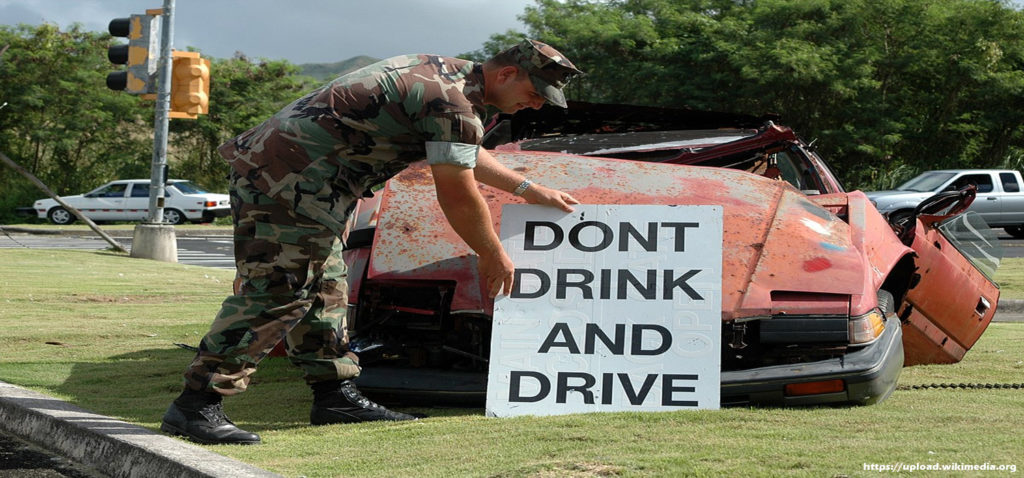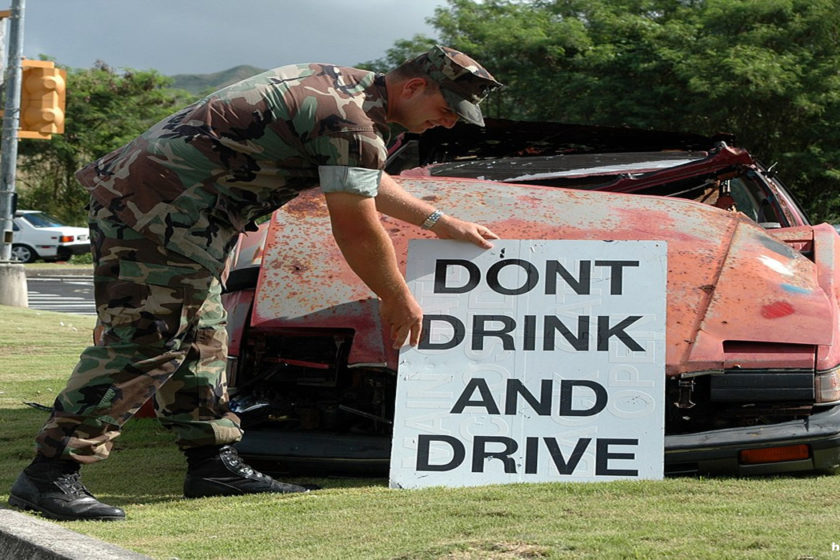
Alcohol testing is essential in the enforcement of alcohol-related crimes like DUI and DWI. Alcohol testing methods are already constantly improving being more accurate and fewer invasive. This continual progress of alcohol tests is therapeutic for each party from the law. Here are a list and a brief description of the five most common varieties of alcohol tests normally connected with DUIs.
1. Field Sobriety Test
A field sobriety test is regarded as the basic and inaccurate kind of alcohol testing. Field sobriety testing involves basic tasks that measure balance, coordination and response time. Intoxication can generally be identified when conducting field sobriety tests like the one-legged stand and straight like a walk. Contrary to popular belief, it is extremely tough to “pass” an industry sobriety test when inebriated. Field sobriety testing is often utilized in conjunction with a Breathalyzer during suspected DUI traffic stops, that can bring me to the next sort of alcohol test:
2. Breathalyzer Test
A Breathalyzer is often a portable device that tests a person’s blood alcohol content by measuring the volume of alcohol inside the lungs. A Breathalyzer is blown into from the suspected and provide police officers an instantaneous result. This result isn’t exact but can be a very accurate estimation. Although Breathalyzer tests are more accurate than field sobriety testing, there is certainly still room for error. Breathalyzers have to be properly maintained and employed by law enforcement to have an accurate result.
3. Blood Test
Blood testing is another form of alcohol testing often linked to DUIs. A blood alcohol test involves taking a blood specimen from your accused and testing the blood alcohol level directly. This sort of test normally occurs in the processing center, after one fails industry sobriety and a Breathalyzer test. Blood exams are a great deal more accurate than field sobriety and Breathalyzer testing, but it is also costlier. Because of this, other testing methods are more frequently employed.
4. Saliva Test
Saliva tests have become a lot more common for identifying alcohol consumption. Saliva tests are very accurate and will identify alcohol consumption within the past 24-48 hours. This sort of testing is often found in conjunction with other tests to check results. The financial problem with a saliva test is that it is extremely expensive. The legal downside to this kind of test, as my Seattle DUI lawyer taught me (and your Seattle DUI attorney will let you know), could be that the connection between saliva testing cannot be used as evidence for just about any legal matters. It can, however, be very helpful in other fields where alcohol tests are mandatory.
5. Urine Test
Urine exams are commonly utilized in the employment screening process but could be used to distinguish a DUI. Urine exams are fairly inexpensive compared to blood and saliva testing, but it’s very accurate. Urine testing might be compromised by one substituting another person’s clean urine for his or her own. However, monitored urine exams are making it tougher to “cheat” this test.










